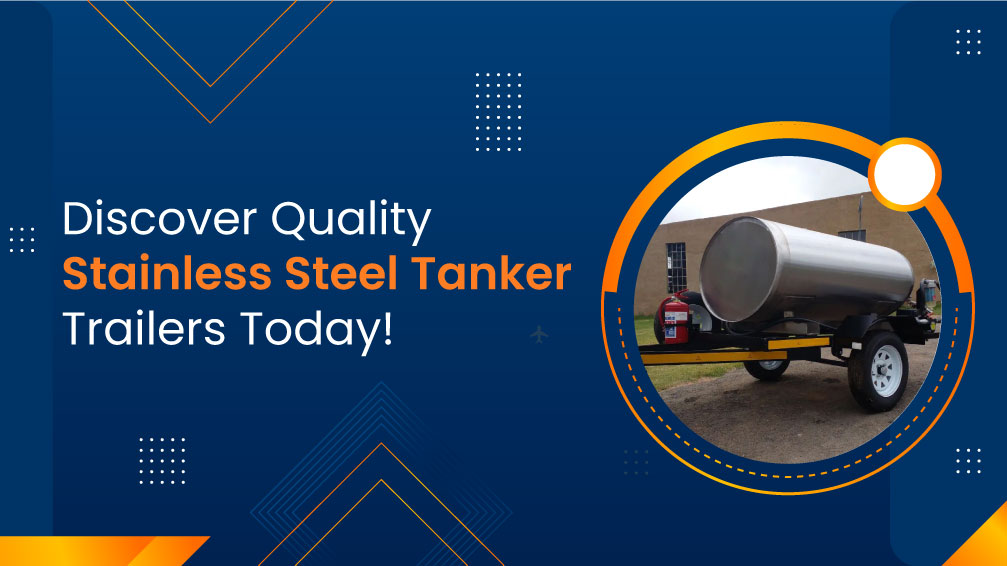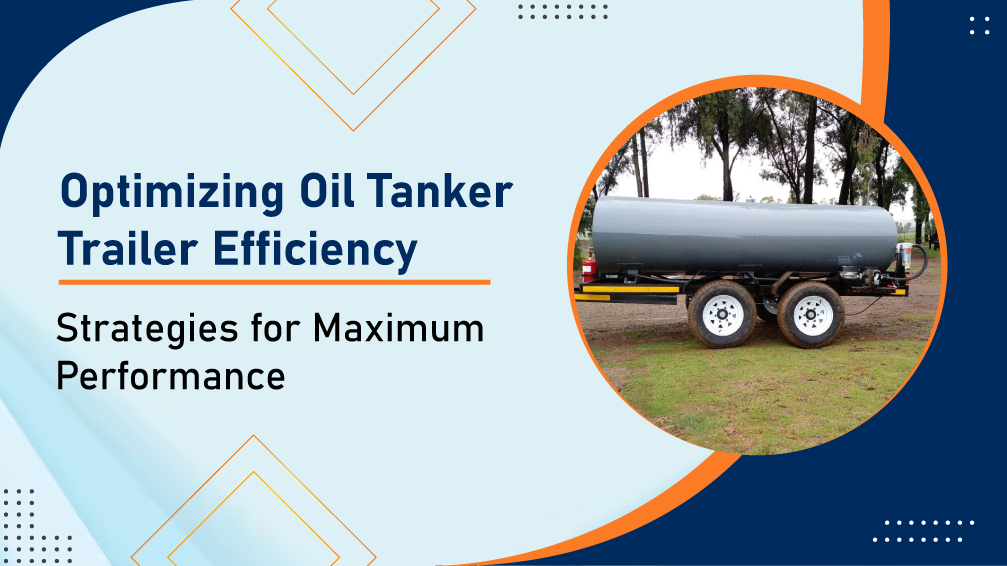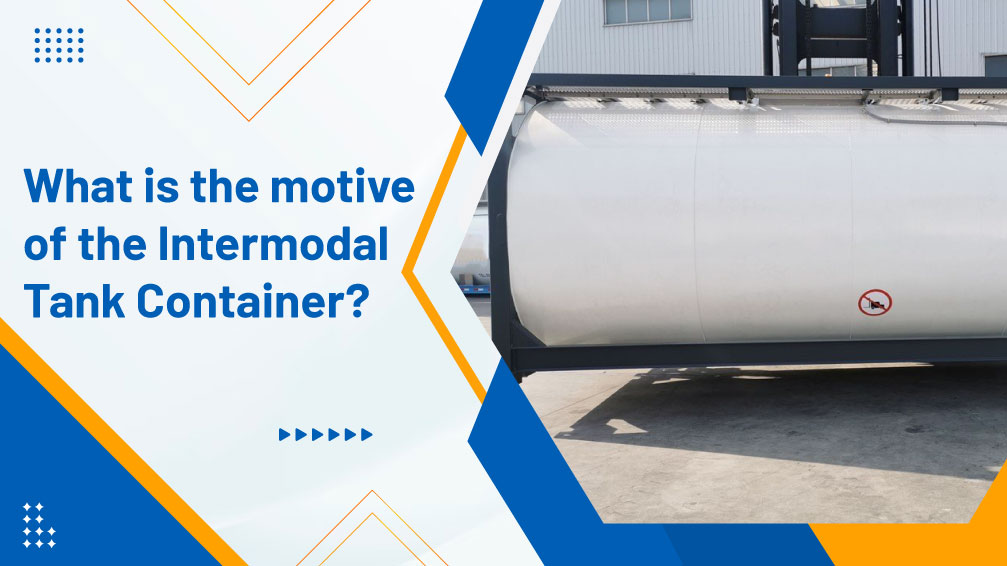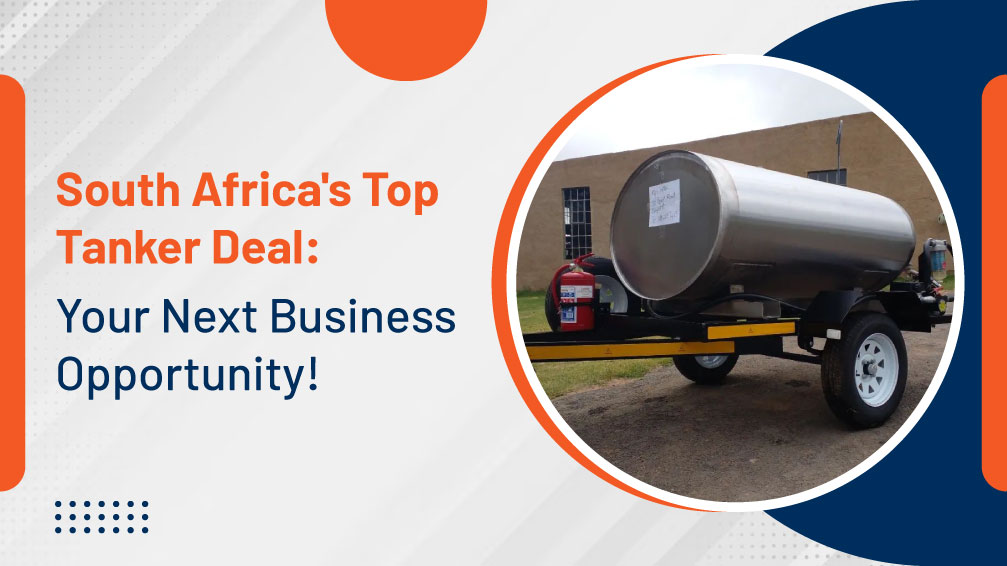
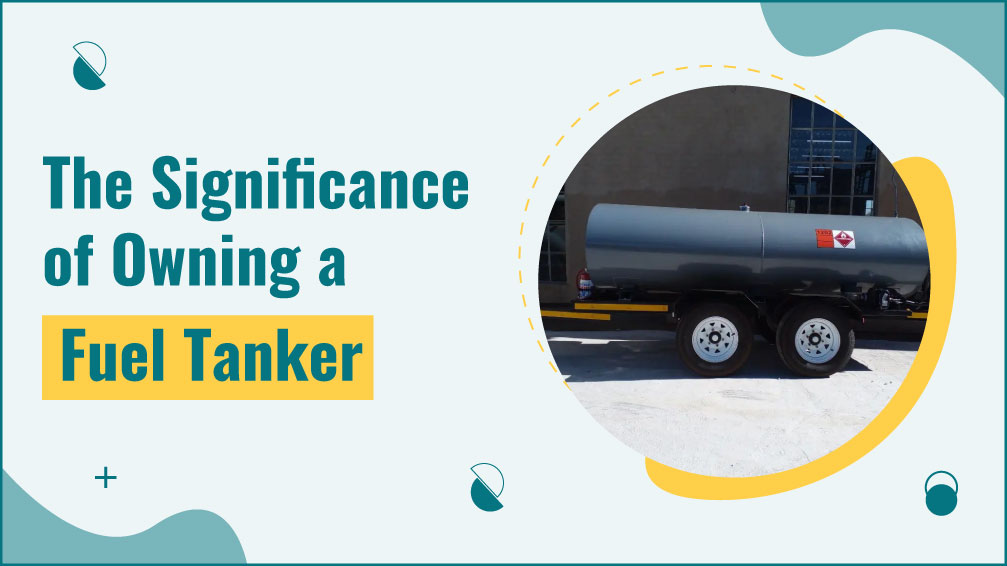
In today’s world, where the energy demand is constantly rising, the transportation of fuel plays a vital role in ensuring the smooth functioning of various industries and sectors.
Owning a fuel tanker is indeed not only a lucrative business opportunity but also a crucial asset for providing efficient and safe fuel transportation.
We will discuss the significance of owning a fuel tanker in this article, as well as the role it plays in supplying energy needs and the significance of ancillary equipment such as small enclosed food trailers and Plastic Water Bowser Tanks.
The ability to transport huge amounts of fuel effectively is one of the main benefits of owning a fuel tanker. To streamline transportation, gasoline tankers are built with specialized compartments that can transport multiple fuel kinds at once. This feature makes it possible to transport multiple fuel kinds, including petrol, diesel, or aviation fuel, in a single trip, minimizing logistical challenges and cutting costs.
Additionally, modern metering and pumping systems on Fuel Tankers allow for accurate measurement and effective dumping. These systems make sure that fuel is delivered precisely and on time, satisfying both industry and customer demands.
Owning a fuel tanker enables increased efficiency and decreased resource waste because it streamlines the transportation process.
When it comes to the transportation of hazardous materials like fuel, safety comes first.
Owning a fuel tanker offers the chance to follow stringent safety guidelines and laws established by governmental authorities. To preserve their integrity, fuel tankers are constructed using durable materials and put through thorough safety examinations. By doing this, fuel is transported safely, reducing the possibility of spills, leaks, or accidents that could endanger people or the environment.
Modern Fuel Tankers also come with cutting-edge safety features including electronic stability controls, anti-rollover devices, and emergency shutdown systems. These systems give tanker operators and the general public peace of mind while enhancing the safety of fuel delivery.
A fuel tanker’s primary function is to transport fuel, however, having supplementary gear like plastic water bowser tanks can increase its adaptability.
Plastic Water Bowser Tanks are useful additions to a fuel tanker’s capabilities that make it possible to transport water and gasoline together in an effective manner.
This is especially crucial in areas where water scarcity is a problem or in emergencies when the water supply is necessary for fighting fires or providing aid to victims of natural disasters.
A Small Enclosed Food Trailer can be a great addition to a fuel tanker’s arsenal in addition to water tanks. These trailers, which are normally furnished with kitchens and storage spaces, can be utilized to offer mobile catering services at a variety of places, including construction sites, outdoor events, and festivals.
By maximizing the use of their assets, this integration enables owners of fuel tankers to diversify their business opportunities, creating new revenue streams.
The efficient and safe transfer of fuel is greatly facilitated by owning a fuel tanker.
Advanced pumping systems and the ability to carry big amounts of gasoline guarantee efficient operations and low delivery costs. Fuel Tankers reduce the dangers associated with transporting hazardous materials by adhering to strict safety regulations. The adaptability and profitability of operating a fuel tanker are further increased by the incorporation of supplementary equipment like Plastic Water Bowser Tanks and tiny enclosed food trailers.
There is no doubt that fuel tankers are essential in supplying the world’s increasing energy needs while also putting safety, efficiency, and adaptability first.

